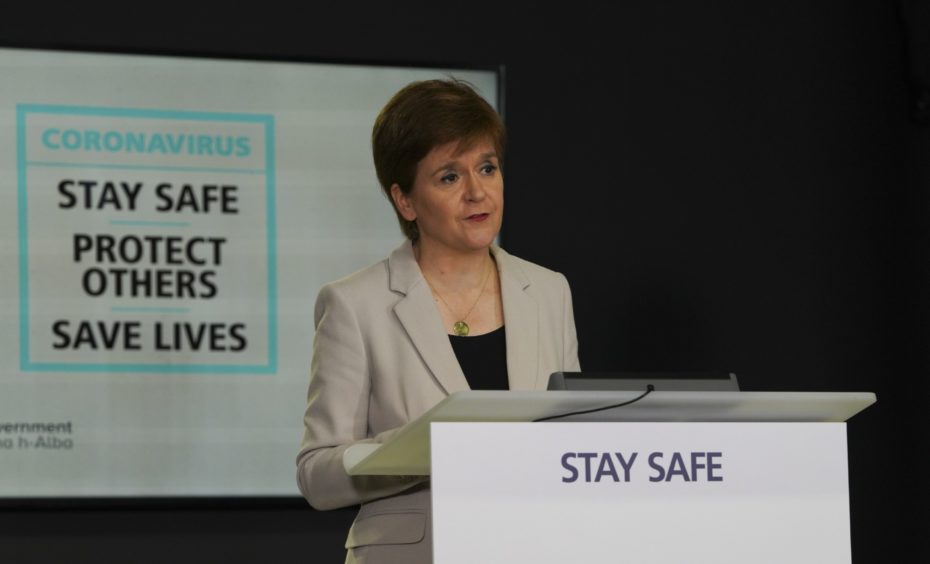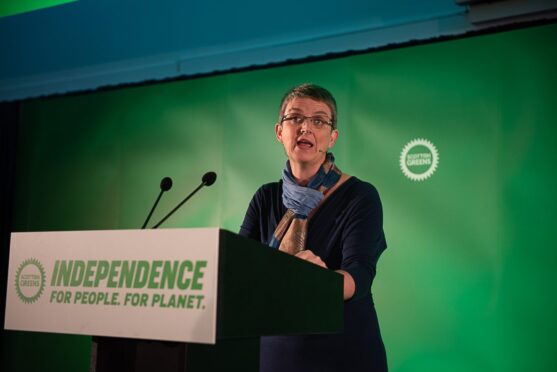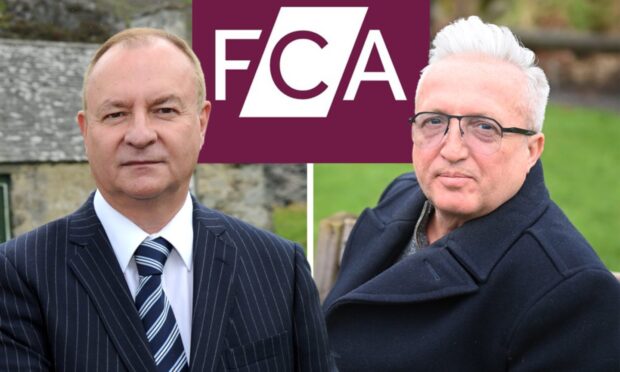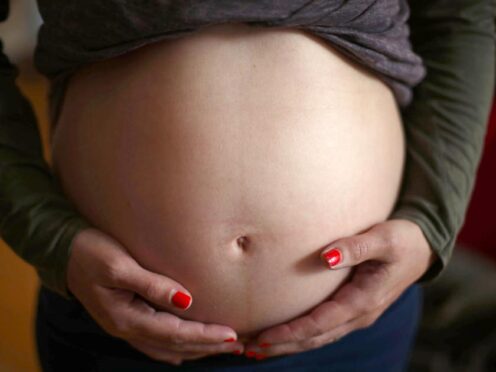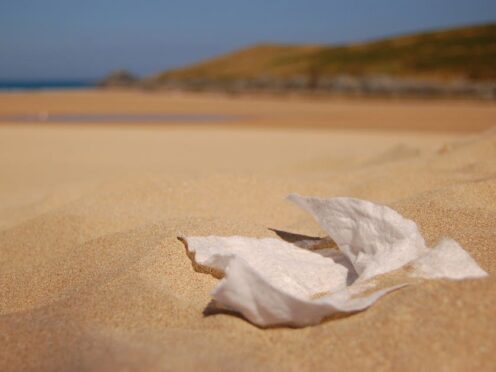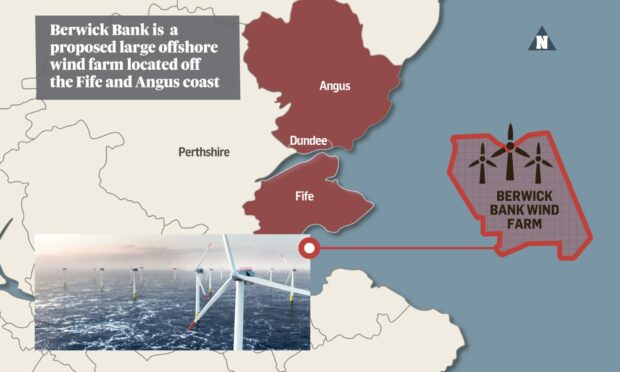New figures show deaths among Scots from South Asian ethnic groups were almost twice as likely to involve Covid-19 than deaths of those of white ethnicity.
Figures released by the National Records of Scotland (NRS) reveal that, as of July 5, a total of 4,173 deaths related to the virus was recorded across Scotland, with 17 recorded between June 29 and July 5, a reduction of 18 from the previous week and 10th weekly reduction in a row.
For the first time analysis has been published that shows that, over the course of the pandemic to date, Covid-19 was a more common cause of death for people in the South Asian ethnic group, compared to people in the white ethnic group.
Speaking during her daily briefing on Wednesday, First Minister Nicola Sturgeon said the data conclude that deaths from the South Asian ethnic group were “almost twice as likely to involve Covid-19 as deaths in the white ethnic group”.
That conclusion has been reached after accounting for age, sex, deprivation and whether people live in urban or rural areas, Ms Sturgeon said.
She added: “We don’t have sufficient evidence to say that deaths among people in any other ethnic group were more likely to involve Covid-19.”
This will be considered by the Covid-19 and ethnicity expert reference group when it meets on Thursday and its views used to consider what further action is required, the First Minister confirmed.
Pete Whitehouse, director of statistical services, said: “For the first time, we have produced additional analysis on deaths involving Covid-19 by ethnic group and the findings show that, over the course of the pandemic to date, Covid-19 was a more common cause of death for people in the South Asian ethnic group, compared to people in the white ethnic group.
“Every death from this virus is a tragedy and these statistics represent the heartbreak of many families across the country who have lost loved ones.
“Understanding the impact of how the virus differs by ethnic group is vitally important, however, due to the low number of completed records for deaths involving Covid-19 in other minority ethnic groups, it is not possible to produce statistics for these groups.”
‘Real and sustained progress’
The First Minister said overall the weekly statistics confirm what the daily data have been showing – that Scotland has made “real and sustained progress” against the virus, confirming that she “hopes” to confirm on Thursday that Scotland can move into phase three of its roadmap out of lockdown.
From June 29 to July 4 40 fewer deaths from all causes were registered, compared with the average number for this time of year.
A total of 978 people died during that week from all causes, compared to a five-year average of 1,018.
This is the second week in a row the total number of deaths registered has been lower than the average.
Ms Sturgeon also used her daily briefing on Wednesday to give an update on the most up to date daily figures, which showed seven confirmed cases have been recorded across Scotland since yesterday, taking the total to 18,309.
One death has been recorded in the last 24 hours confirmed as having the virus, taking the total under the Scottish Government’s measurement to 2,490.
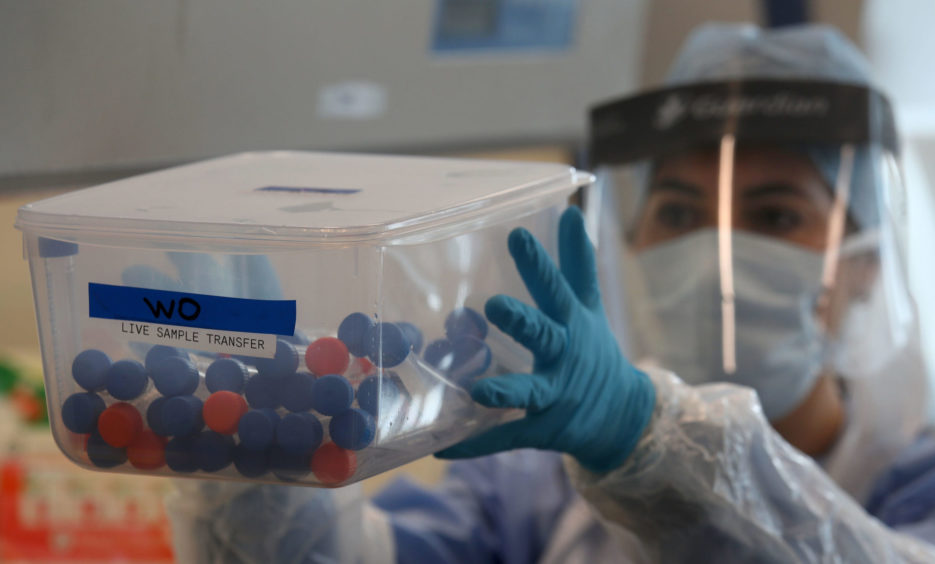
The latest figures released by NRS show deaths involving Covid-19 account for 2% of all deaths, which has steadily fallen from a peak of 36% in the week of April 20 and from 3% in last week’s NRS figures.
For the first week since March there have been no deaths linked to the virus in the north-east, where 258 people have lost their lives to the pandemic so far.
There were also no deaths recorded across Highland, Shetland and Orkney in the last week and there have been no deaths recorded to date in the Western Isles since the pandemic began.
Meanwhile, a total of three deaths were recorded in Tayside in the last week, taking the total to 313 since the pandemic began, but none were recorded in Fife.

